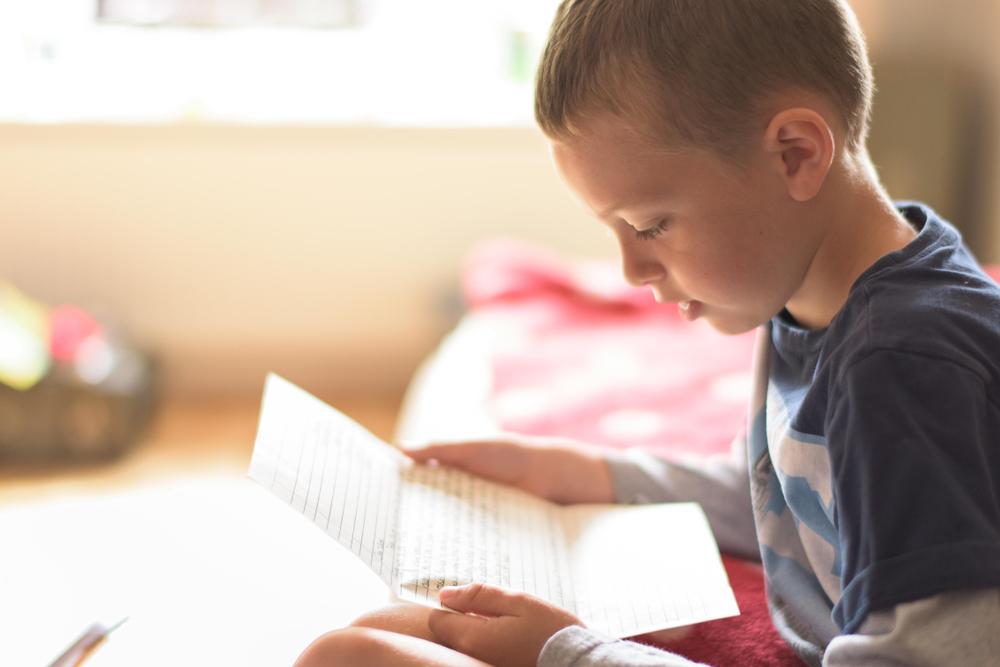It’s that time when many of us, after ringing in the New Year by partying, wearing funny hats, blowing on various noisemakers, and staying up until midnight to watch the ball drop in Times Square, are making resolutions.
If we Google “common New Year’s resolutions,” we find that nearly all these lists have the following items in common: lose weight, exercise more, save money or spend less money, quit smoking, get organized, and learn a new skill.





